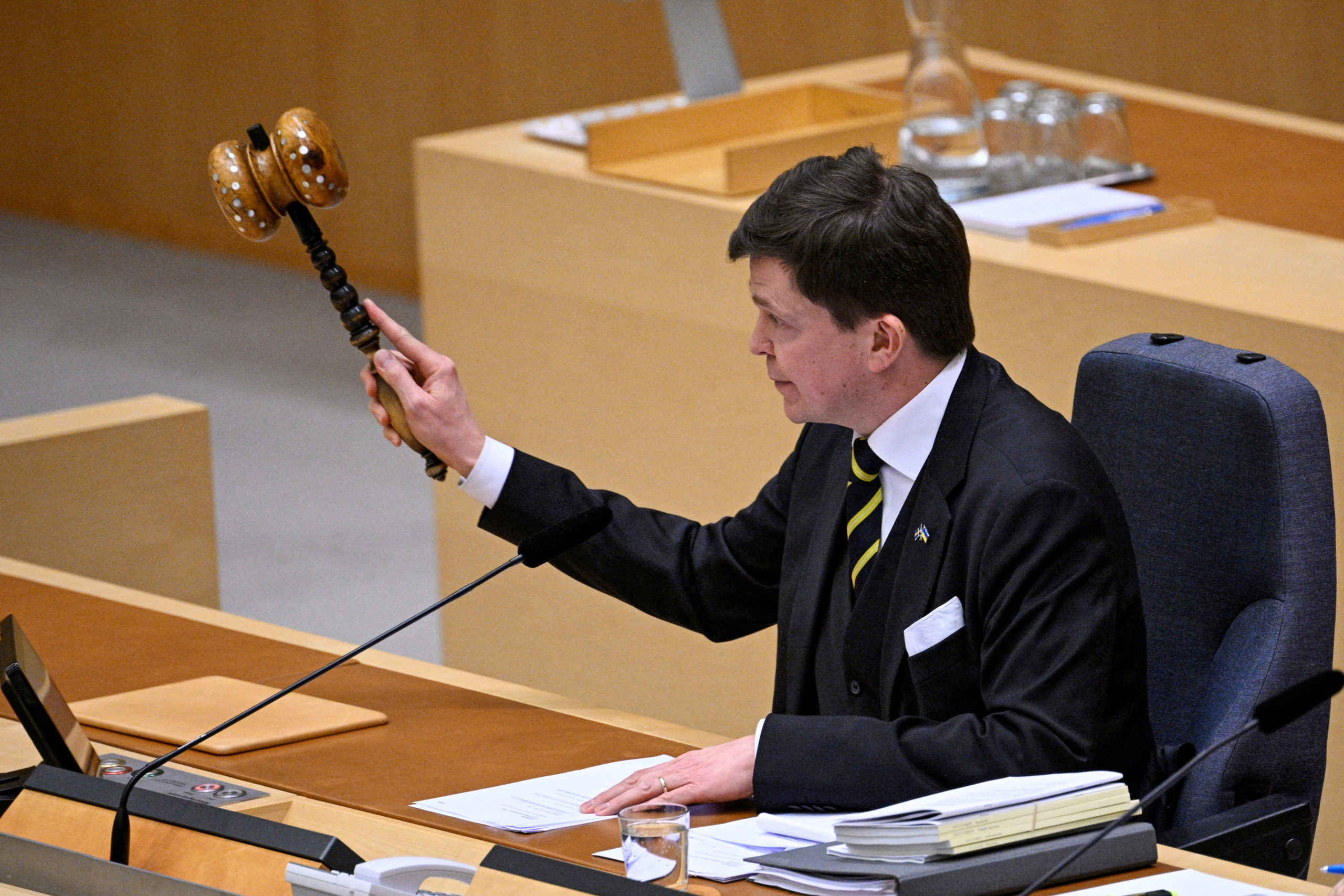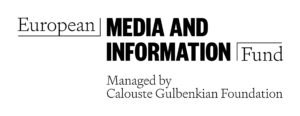Sweden passes NATO accession bill as it waits on ratification
Only the small Left Party and Greens opposed the measure.

STOCKHOLM (Reuters) – Sweden’s parliament on Wednesday formally approved a bill to allow the country to join NATO when its application has been ratified by all 30 members of the alliance, a process where it remains waiting on the final endorsements.
Sweden and neighbor Finland asked to join the trans-Atlantic military alliance last year in response to Russia’s invasion of Ukraine. But the process has been held up by Turkey, which along with Hungary has yet to ratify the memberships.
The bill was passed as expected with an overwhelming majority — 296 in favor and 37 votes against — with the small Left Party and Greens the only parties opposing the proposal. If Sweden is accepted into the alliance it will end two centuries of military non-alignment for the country.
Sweden in particular has faced objections from Turkey, which says Stockholm harbours members of what Turkey considers terrorist groups – a charge Sweden denies – and has demanded their extradition as a step towards giving Sweden’s NATO membership the go-ahead.
Speaking in parliament, Swedish Foreign Minister Tobias Billstrom was optimistic about Sweden’s chances to join the alliance by the time of the NATO summit in Vilnius, Lithuania in July.
“It goes without saying that we will be able to become members by Vilnius,” he said just ahead of the vote.
Turkish President Tayyip Erdogan Turkey’s parliament would start ratifying Finland’s accession but held off approving Sweden’s bid. Similarly, Hungary’s legislature said the same day it would vote on ratification of Finland’s accession on March 27, but not Sweden’s.
Reporting by Johan Ahlander and Simon Johnson.
This article has been fact-checked by Arctic Today and Polar Research and Policy Initiative, with the support of the EMIF managed by the Calouste Gulbenkian Foundation.
Disclaimer: The sole responsibility for any content supported by the European Media and Information Fund lies with the author(s) and it may not necessarily reflect the positions of the EMIF and the Fund Partners, the Calouste Gulbenkian Foundation and the European University Institute.
